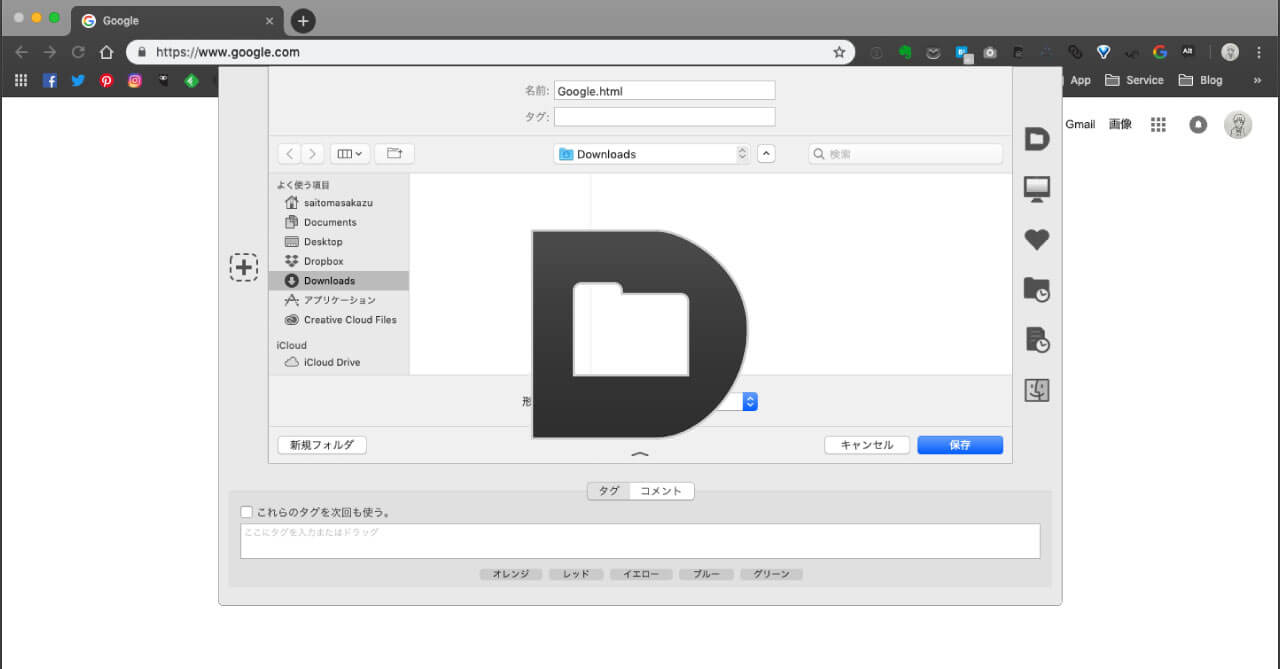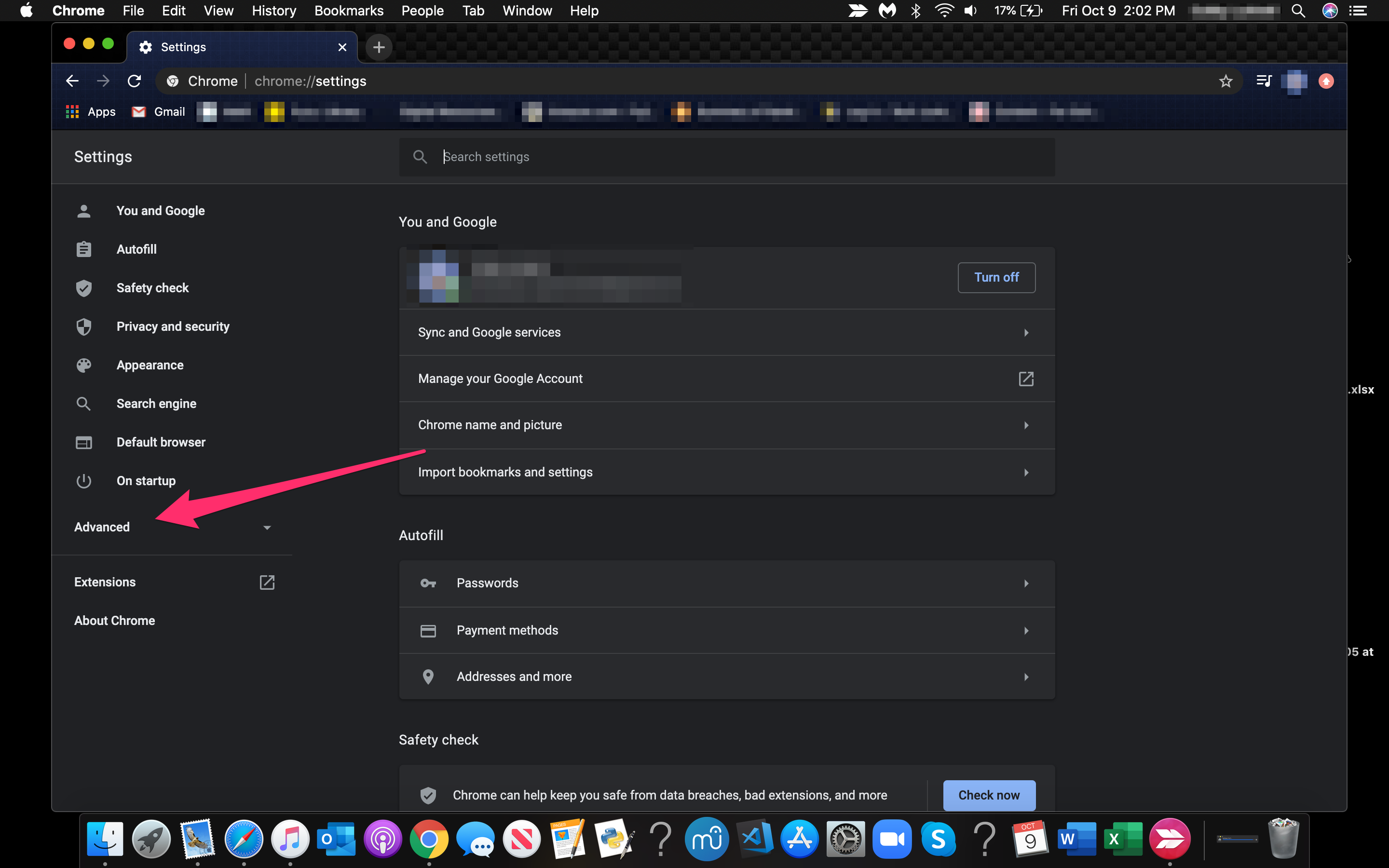
- Default folder x mojave how to#
- Default folder x mojave pdf#
- Default folder x mojave full#
- Default folder x mojave download#
- Default folder x mojave mac#
In place using the Terminal app to find the path of a file, it’s better to create the Copy path service so that the option is always available in the context menu itself.It’s so strange how hard it is sometimes to find answers for some simple and often asked questions on the internet.
Default folder x mojave download#
If you use any of the methods listed above, you won’t need to type the desktop path or the download folder path of a file manually.
Default folder x mojave full#
Clicking this option will copy the full path of a file to the clipboard. You’ll see a new item called Copy path in the context menu.


Now select any file or folder in Finder and perform a right-click.
Finally, click on File > Save and save your newly created service as “ Copy path” or “ Copy path to clipboard“. Now, configure the 2 options under Service receives selected as files or folders and Finder as shown below. Drag Copy to Clipboard into that into the right pane of the window. In the search input box, type “ Copy to Clipboard”. On the next screen, select Service and click on Choose to create a new service. Launch Finder and look for Automator under Applications. Click on Go > Utilities and search for Automator. Click on the File tab in the Finder screen and type “ Automator” in the search bar. If you don’t know where to find it, try one of the methods described below and double-click the app icon to launch it. The trick described below might sound a bit geeky to you but believe me you can create the Copy path service easily using my detailed steps. Default folder x mojave mac#
As this option will be permanently available in Mac’s context menu, it’ll really prove very handy if you need to copy the file path on your Mac frequently. Once you have created the service, you’ll have a Copy path option in the context menu for all files and folders. This method requires a little effort on your part because you need to create an Automator service using Copy to clipboard feature on macOS.
Default folder x mojave how to#
The path of the file is ready to be pasted wherever you want.ĭon’t Miss: How to Run Windows Apps on macOS 5.
Just highlight the file path and copy it to the clipboard. Similarly, if the file is in the Downloads folder, it will show the download folder path in the Terminal. If the file is located on the desktop, it will show the desktop path. It’ll instantly show you the full path of the file. Now, drag the file or folder you want the find the path of and drop it in the Terminal window. This method is useful especially if you need to type the full path of a file in a command line. Follow these steps to find a file path using the Terminal app on Mac. Mac Terminal is generally used to execute commands but you can also use to find the path of a file on macOS. You can now paste the full path of the file anywhere you want.Ĥ. Just press Command + C to copy the path of the file to the clipboard. You should now see the full file path in the Go to Folder dialog box. Now, you need to drag the file or folder you want to copy the full path of and drag it into the input field that says Enter a path. You’ll see a new pop-up window named Go to Folder. While in Finder, click on the Go option on the taskbar of your Mac. There is yet another easy way using which you can find and copy the file path on your Mac. Default folder x mojave pdf#
You can copy the path of the file but can’t use it in the Terminal or a file upload dialog box.ĭownload: 300 Mac Keyboard Shortcuts Cheat Sheet PDF Use this method only if you just want to know the location of a file or folder. You can highlight the path of the file and copy it.

Check the Where label and you will find the path of the file as shown below. Right-click on a file or folder and click the Get info option in the context menu. Using this option, you can see all information related to any file on your Macintosh computer such as file name, file type, file size, location, and so on. Just like the Properties option on Windows, macOS has an option called Get info in the context menu. Just click it to copy the full file path to the clipboard. Copy “file-name” as Pathname option will appear in the context menu. When the context menu pops up, press and hold the Option key on the keyboard. Select a file or folder and perform a right-click.







 0 kommentar(er)
0 kommentar(er)
